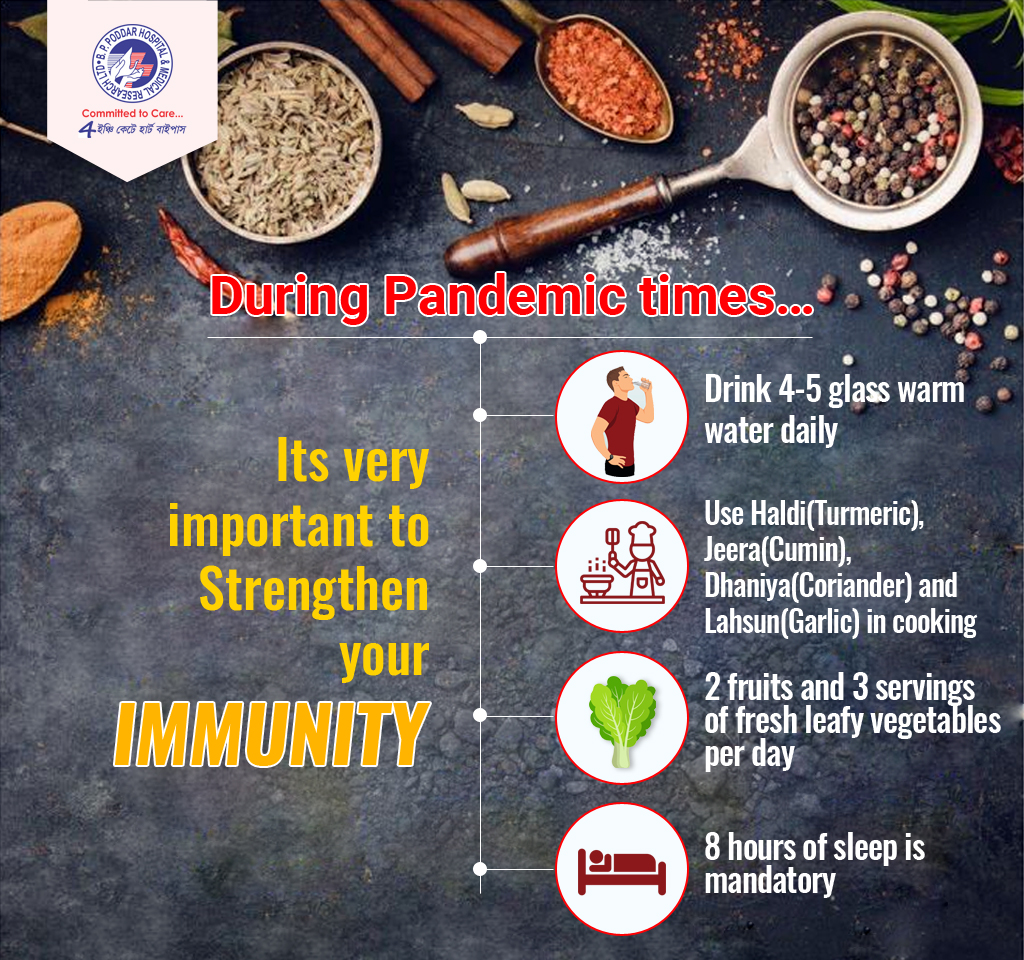
An Overview: Polycystic ovarian syndrome is a condition that causes infrequent or prolonged menstrual periods which is very common among women of their reproductive age. Women with PCOD may have excess male hormone (androgen level) The ovaries may develop innumerable follicle that fails regularly release egg.
There are 4 types of PCOD subsequently as follows,
Insulin resistance, Adrenal PCOS, Post pill PCOS, Inflammatory PCOS.
A guide to PCOD, Causes: Usually the symptoms of PCOS are developing during puberty but it will develop later, you need to consult with the doctor when symptoms occur below,
1. Period with abnormalities, Irregular and infrequent menstrual cycles are one of most common symptoms of PCOD. If you have less than 9 periods in a year or heavy periodic cycle that is more than 35 days, doctor consultation is mandatory.
2.Polycystic ovaries, in this situation ovaries might get enlarged resulting ovarian function has become improper.
3. Increment in Androgen, increased levels of androgen resulting physical appearances such as, excess body and facial hair or severe acne problems.
Other symptoms like high blood pressure, sleep disorder, skin allergies, infertility, acne, pelvic pain, dandruff, depression and so on.
What are the common symptoms of PCOD?
Missed or irregular periods or very light period.
Ovaries has become very large possess many cysts like appearance.
Weight gain especially around the abdominal area.
Sometimes infertility, acne prone or oily skin.
Excessive body hair including stomach, chest and hirsutism. ÂÂ
Diagnosis and treatment of polycystic ovarian syndrome
PCOD is not curable completely. Apart from the treatment methodologies, lifestyle changes like weight loss, birth control can decrease the chances of PCOD. Multidisciplinary approach should be needed which is involves the gynecologists, dietitians, dermatologist, endocrinologists and infertility expert. 5% reduction of weight can help a lot in treating the disease. PCOD patients must maintain healthy diet along with exercise. The diet should be sugar and carbohydrate free, where as high protein and high fiber is good enough for PCOD patients. Rest of the treatments can be based on,
1. roper medications to treat insulin resistance and balanced hormone to correct menstrual phase.
2. Skin treatments is mandatory for face hair, acne and pigmentation.
3. Fertility drugs are administered to the patients who are infertile.
4. Some oral medicines and injections are important for egg rupturing and ovulation.
5. However, second line therapy is needed for laparoscopic surgery or ovarian drilling.